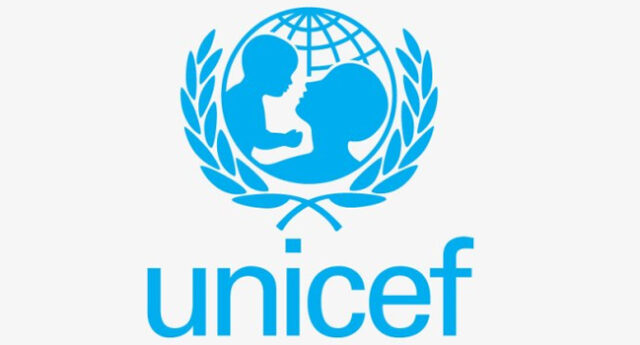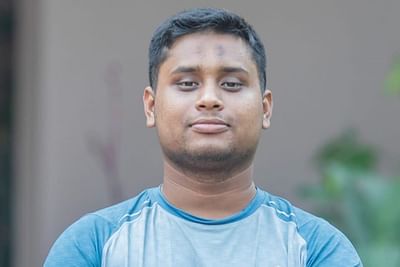UNICEF has expressed concern over the death of at least 32 children amid the violence surrounding the quota reform protests in Bangladesh. This concern was voiced by Sanjay Wijesekera, UNICEF’s Regional Director for South Asia, in a statement on Friday, August 2nd.
The statement confirmed that at least 32 children were killed, and many others were injured or detained during the violent events of the July protests.
UNICEF condemned the violence and extended condolences and sympathy to the families of the deceased children.
The statement emphasized the duty to always protect children, stating, “I am aware of reports of children being detained and remind the authorities that coming into contact with the law can be very frightening for a child.”
Sanjay Wijesekera noted that Bangladesh is a signatory to international human rights treaties and the UN Convention on the Rights of the Child. Based on research about the impacts of detaining children, UNICEF calls for an end to all forms of child detention. Children should not be arrested or detained merely for their presence, religion, or their family’s actions or beliefs.
Highlighting the diverse problems faced by children due to the violence, he mentioned, “I visited the UNICEF-supported Child Helpline 1098, where the demand has increased by 250% since the violence began. The best way to help children recover and stay protected from violence is to reopen all schools, resume teaching, and allow children to reunite with their friends and teachers.”
He added, “30 million students from pre-primary to secondary have missed 10 days of school. This educational disruption has worsened due to school closures earlier this year because of heat, cyclones, and floods.”
While welcoming the reopening of primary schools in many regions of Bangladesh from August 4th, the statement reminded that around 15.5 million school children are still unable to return to school.
“The longer children stay out of school, especially girls, the less likely they are to return, and their futures are jeopardized,” he said.
Source: BBC










